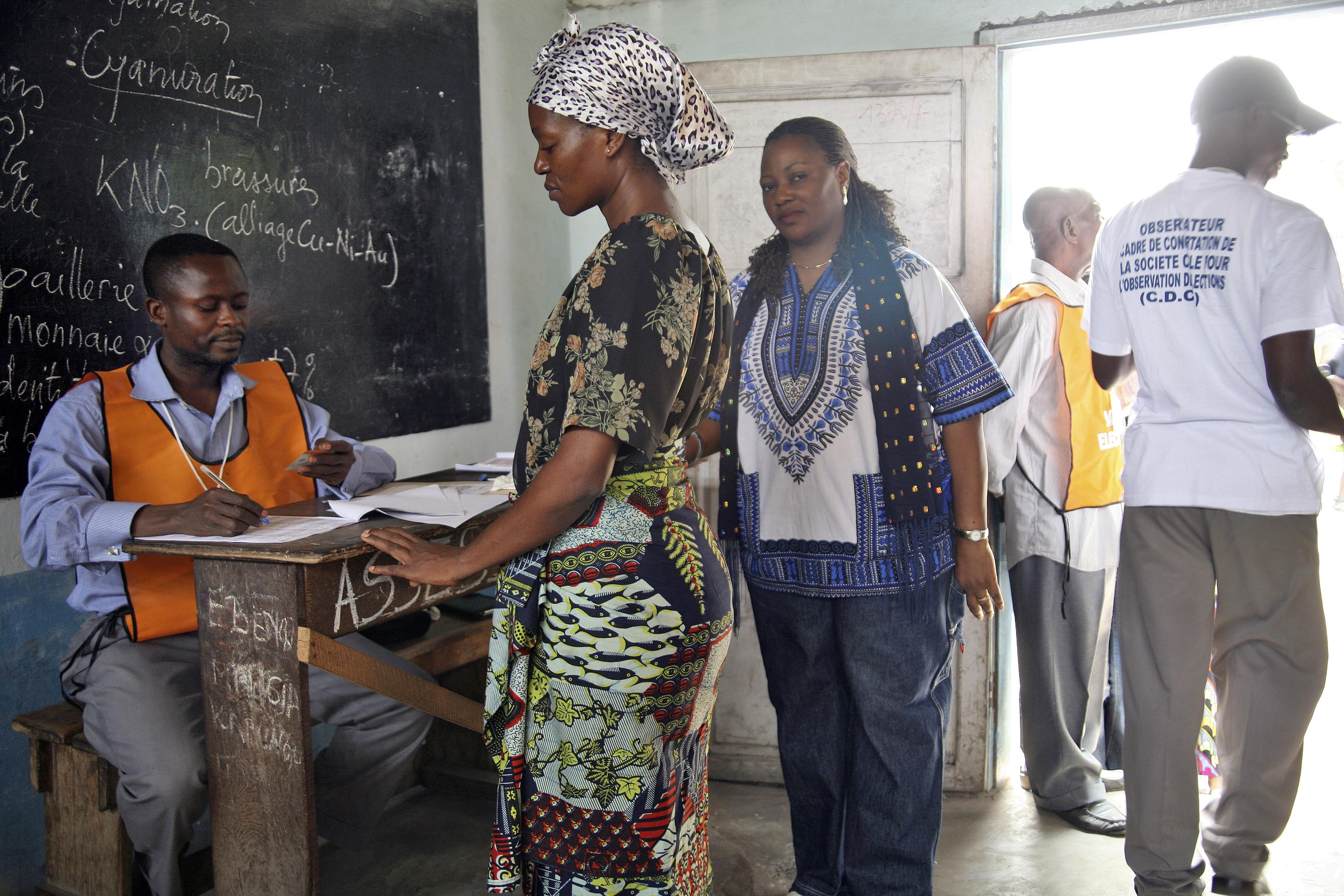Justice, Rule of Law and Security Sector Reform
The Justice, Rule of Law, and Security Sector Reform theme focuses on the application of a gender perspective into the post-conflict process of reforming security and justice institutions, with the aim of ensuring transparent, accountable, and effective services.
Huge gaps remain in area of security sector and justice reform although the United Nations and the Women, Peace and Security resolutions have stressed that Justice and SSR must be gender sensitive throughout planning, design, implementation, monitoring, and evaluation phases.
The Women, Peace, and Security resolutions stress the particular need for improved security sector responses to address and prevent SGBV. Member States are urged to undertake comprehensive legal and judicial reform to better protect women from violence (1888, OP6). Reiterating the call for prosecutions to end impunity (1325,OP11), Member States are called upon to investigate and bring perpetrators of sexual violence to justice (1820,OP4; 1888,OP6).
To help strengthen national judicial systems, and identify gaps in national responses to sexual violence, the Security Council requests that a UN team of experts work with national officials to enhance criminal responsibility for crimes of sexual violence (1888,OP8). Vetting armed forces to ensure the exclusion of those associated with past actions of rape and other forms of sexual violence is an essential component of Justice and SSR (1820, OP3; 1888, OP3). Finally, it is critical that access to justice, protection, and redress for survivors of sexual violence is ensured (1820, OP4; 1888,OP6-7).
The resolutions set out specific obligations, in addition to broader guidelines, for transitional justice and justice reform within SSR. Women’s rights must be ensured in the reform and rebuilding of the police and judiciary (1325,OP8), and within peace agreements. To facilitate this, SCR 1820 calls for the inclusion of women and women’s organisations in all UN-assisted reform efforts (OP10). Justice and SSR are crucial components of peacebuilding, and have a direct impact on a country’s ability to achieve sustainable peace. Both gender mainstreaming in policy making, and the participation of women, are integral to successful reform.
For more resources on this Critical Issue, visit PeaceWomen Resource Center >>

